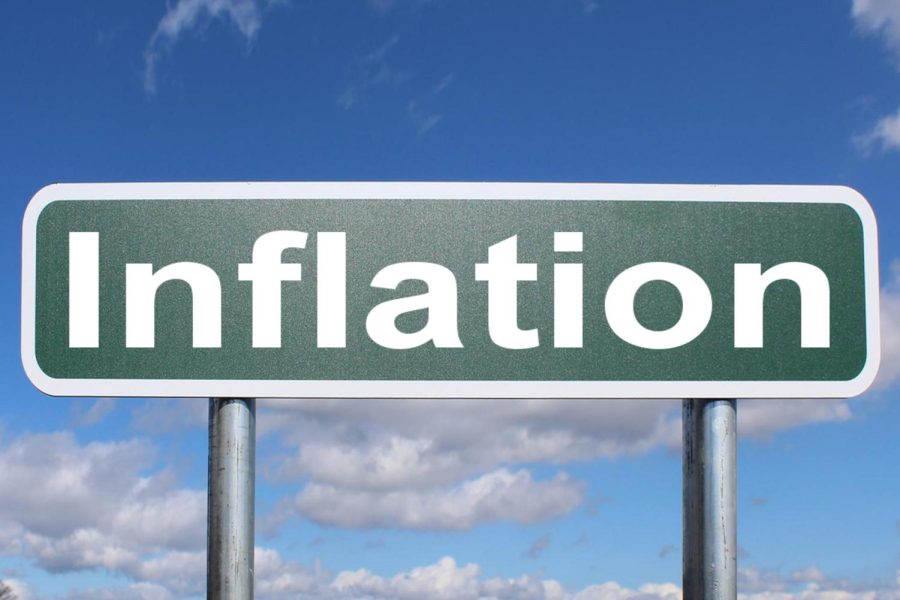Opinion: Rising inflation and supply issues span the globe
The COVID-19 pandemic led the world into a new period—a time of inflation and uncertainness around the globe. Prices of production and consumption skyrocketed, leaving millions bankrupt and in need of relief. These events created a domino effect, causing a global supply shortage. These shortages range from global energy to some of the most adverse events that have transpired from the pandemic, the inflation and shortages on the global food supply. The sudden rise of inflation led major product producers to change their methods of packaging and to increase the price of their goods at an uneven rate compared to the quantity and quality of their products.
In a recent interview with CNN’s Christine Romans, Miguel Patricio, CEO of food manufacturer Kraft Heinz, voiced his concerns about the future of our world’s food supply chain. He explained that despite the already high rate of price increases, there will most probably be another increase in 2023,one that might be higher than the one that occurred during the past two years. Kraft Heinz is a major food manufacturer in America—you might even have a bottle of their famous ketchup in your fridge—and has increased product prices at a shocking rate of 12.4% since last year.
Trends show that by 2024, there should be a significantly higher demand for goods. However, new statistics show that due to the global supply chain shortages, manufacturers will most likely not be able to match these demands. This is due to a lack of proper inventory, inexperienced factory workers, the lack of raw materials, and other pandemic-related setbacks.
With an expected surge of inflation expected, both producers and consumers are left with no choice but to prepare and plan ahead for the difficult times that may lie ahead.






